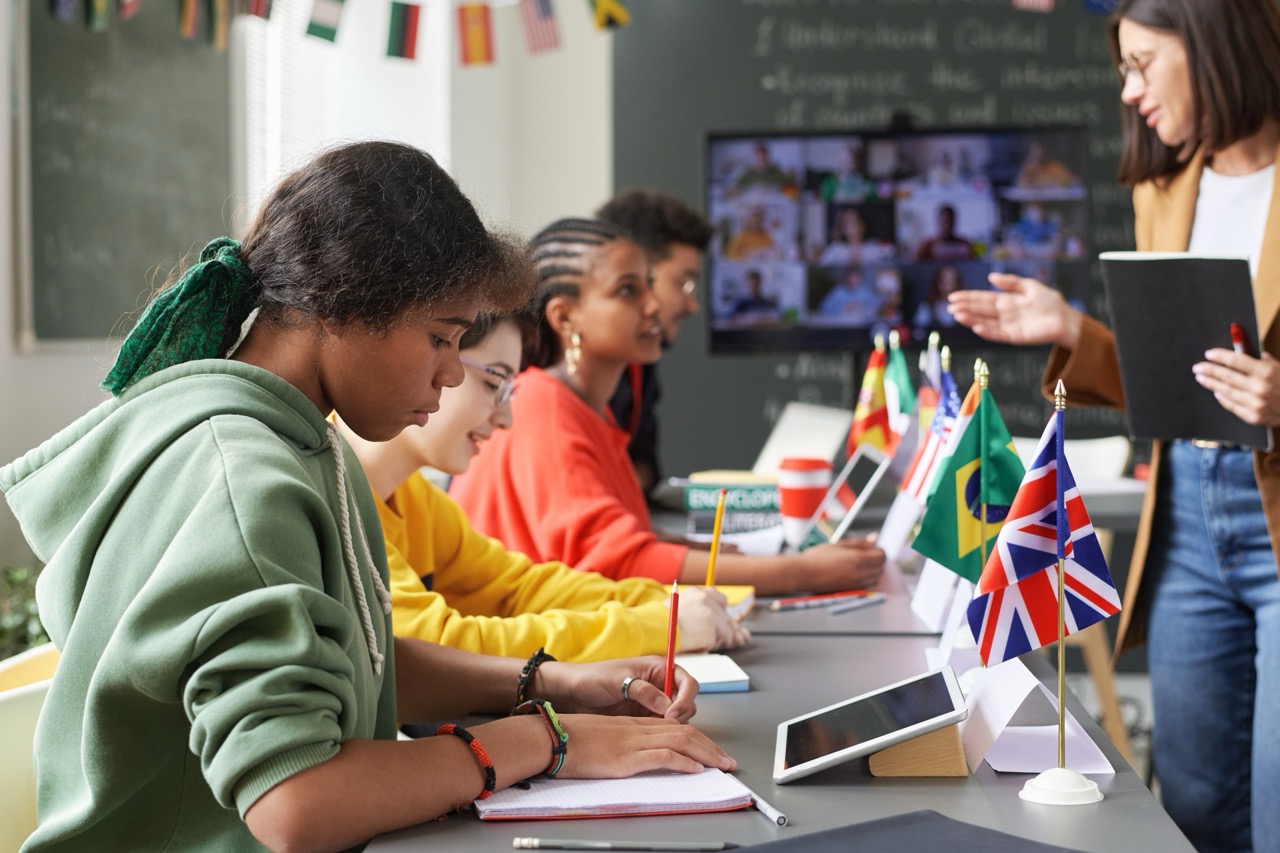Collaboration creates breakthroughs for a better world
This year’s G7 summit comes at a defining moment. At the International Telecommunication Union, we have spent 160 years fostering global collaboration to scale innovation.
Today, that collaboration is more important than ever.
Digital transformation is now central to how we deliver progress across every sector, from health and education to energy, finance and climate resilience.
And at the heart of that transformation is artificial intelligence.
AI breakthroughs are now unlocking the ability to detect disease earlier, personalise learning, mitigate disaster risks, optimise agriculture and energy systems, and strengthen water and food security.
But these breakthroughs only reach their full potential when technical communities, policymakers and development actors work together across disciplines and borders.
Stewarding digital progress
This is where ITU plays a vital role.
As the United Nations agency for digital technologies, we bring together technical experts from government, industry, academia and civil society to ensure digital technologies – including AI – deliver on their promise of advancing human development.
Through partnerships with fellow UN agencies, we are helping regulators and industries build shared understanding of complex, converging technologies.
The speed of innovation is staggering, but so is the need for policy dialogue.
Promising developments in AI policy and regulations, from calls for transparency and accountability to rigorous testing, signal a shared direction.
Equally encouraging is the growing connectivity among AI experts, data holders and practitioners working on the front lines of sustainable development.
ITU’s aim is to ensure no country is left out of this conversation.
We are creating opportunities for developing countries to shape the AI future by helping scale innovations, share best practices and co-develop global standards.
We are also working to build the skills needed for an AI-ready workforce.
That means training regulators, empowering professionals and investing in the next generation of innovators through initiatives such as our AI Skills Coalition.
Still, the most urgent digital divide is the one that persists offline.
Today, 2.6 billion people – one-third of humanity – remain unconnected.
If we are serious about making sure the AI revolution reaches everyone, we must close that gap.
Building opportunity
ITU estimates that connecting everyone meaningfully by 2030 will require $1.6 trillion in investment – about 1.5% of global gross domestic product.
It is an ambitious figure, but achievable with the right financing mechanisms in place.
That is why ITU is working with development finance institutions through our Digital Infrastructure Investment Initiative to find solutions.
This builds on the momentum of our Partner2Connect Digital Coalition, which has mobilised over $70 billion towards meaningful connectivity, as well as on the Giga initiative with UNICEF, which aims to connect every school on Earth to the internet.
As we mark 20 years since the World Summit on the Information Society, we have another chance to strengthen the global framework for multistakeholder action on digital development.
The WSIS+20 High-Level Meeting this July – held in conjunction with our AI for Good Global Summit – will bring together voices from around the world to chart the way forward.
ITU has come a long way in our mission to connect the world.
More people are online than ever before.
The networks that stretch across continents, under oceans and in orbit are powerful symbols of humanity’s interdependence and our shared potential.
But the accelerating pace of technological change challenges us to reflect deeply on the kind of digital future we want to shape together.
G7 members have a pivotal role to act on that reflection.
As some of ITU’s most experienced members, they can lead by example in building the cooperation, investment and consensus needed to ensure emerging technologies serve the greater good.
That same spirit of collaboration has driven ITU for 160 years.
It will be just as essential in ensuring that AI and digital transformation work for everyone, everywhere.












